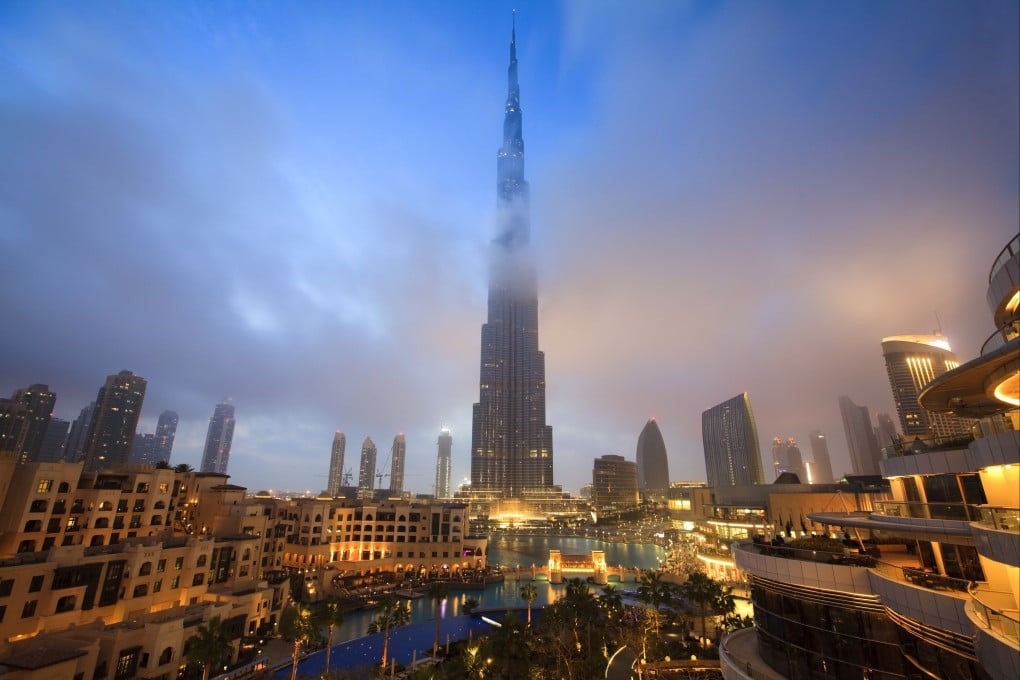Looking down from atop Dubai’s Burj Khalifa, the tallest building in the world, it is difficult to believe that the tiny territory’s first paved road was completed only in the early 1960s. Now this great spire of a tower acts like the gnomon of a sundial, throwing a long shadow far below that slowly swings across a cityscape of multi-lane highways and a forest of eye-catching constructions by every fashionable foreign architect from Tadao Ando to the late Zaha Hadid. Some roads lead southwest along the coast of the Persian Gulf to the equally youthful Abu Dhabi, Dubai’s rival and capital of the United Arab Emirates.
A little more sober, as befits the home of ministers and diplomats, the city nevertheless boasts its own display of architectural fireworks and other sparkly entertainments. But these cities deserve longer stopovers, and are perfect family destinations – vast playgrounds created from scratch using almost unlimited oil wealth: theme parks, museums of fine art, extravagant afternoon teas and long beaches of fine white sand by warm turquoise waters. The desert has not been altogether banished, and can still be seen stretching away into a hazy distance, but any sign of the nomadic life it once supported, or the trade caravans and pearl fisheries that brought modest prosperity in times past, needs seeking out.
Abu Dhabi is all about palaces, and many visitors arriving at its knot of bridge-linked islands begin by checking into one – most likely of the five-st.


















